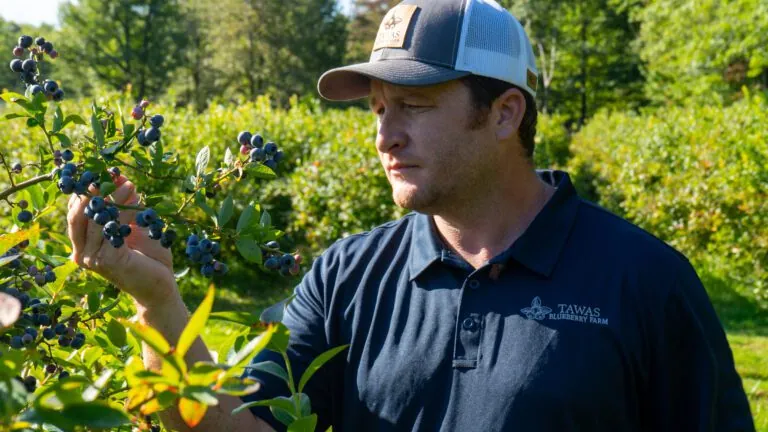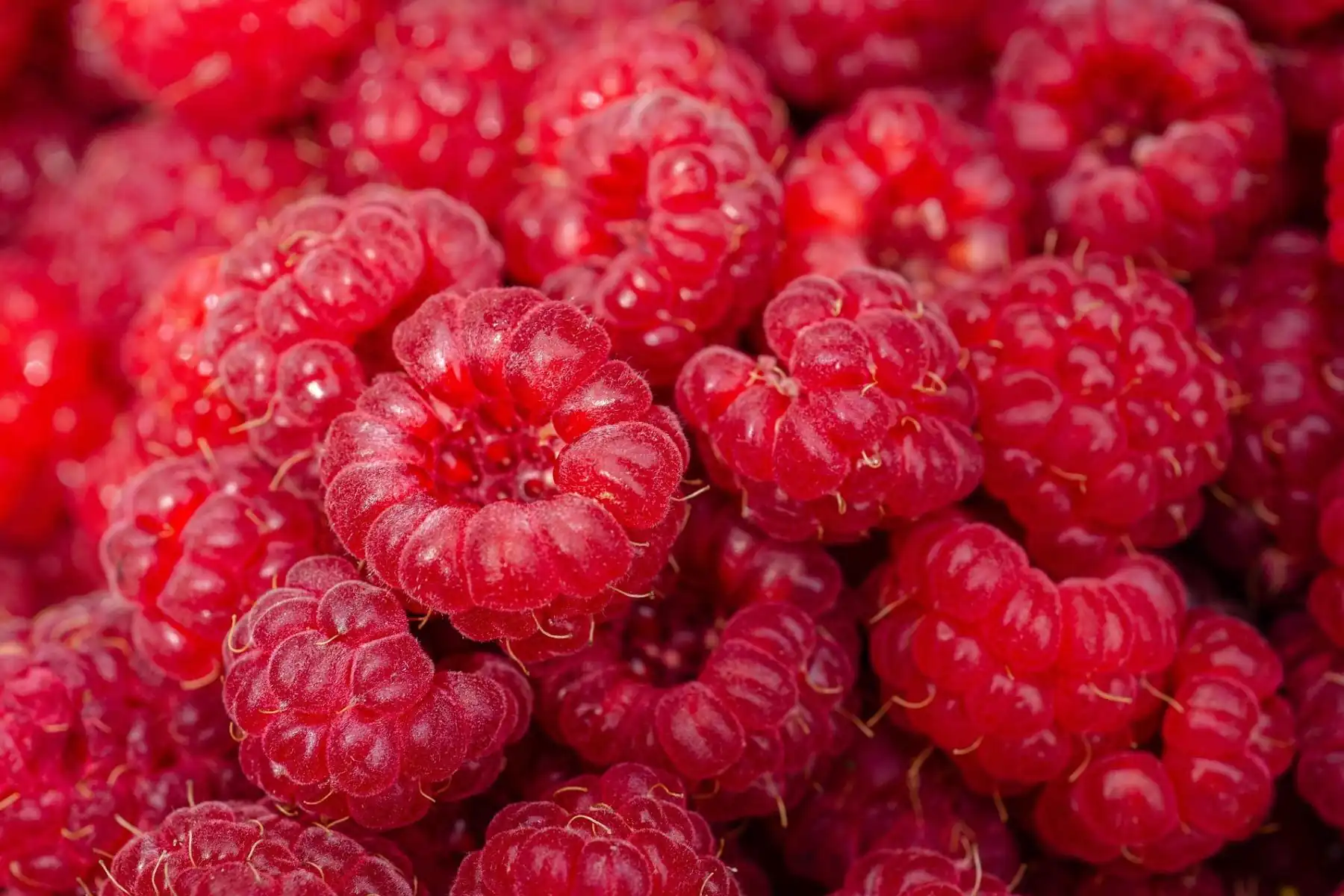Portugal's case history at the International Blueberry Days at Macfrut.
Appointment Wednesday, May 3, at the Rimini Expo Centre with the first day of the Symposium, which will host a talk by Pedro Bràs de Oliveira of the National Institute of Agricultural Research (INAIV) in Oeiras, among Europe's top experts in the field. With him we take a snapshot of the "product" blueberry in Portugal, following the Symposium's presentation mission in Lisbon in recent weeks at the Portuguese congress of blueberry.

"The production of blueberries in Portugal is on the rise," explains Pedro Bràs de Oliveira, "The area has experienced a significant increase from 43 hectares in 2010 to 2587 hectares in 2021, or more than fifty times in just 10 years. The volume produced from 500 tons increased to more than 17,000 in the same time period. In 2021, Portugal exported 5,000 tons worth more than 32 million euros. This increase reflects the great aptitude of the Portuguese soil and climatic conditions for the production of blueberries".
Pedro Bràs de Oliveira dwells on some peculiarities of Portuguese production. "Production season diversification is a general goal for all crops as it can increase farm profitability by allowing a longer market supply. The easiest way to achieve this is to use cultivars with different production periods, earlier or later, or by changing the conditions to which the plants are subjected through the use of artificial coverings such as polyethylene or shade nets."
Portugal's interest in blueberry began in the mid-1980s. "The first trials began in 1985, but it was not until 1994 that a varietal field with different types of blueberries was established at the INIAV (National Institute of Agricultural and Veterinary Research) experimental farm, located on the southwest coast of Portugal. Until then, commercial production was practically nonexistent, present only at one farm in Grândola (south of Lisbon). Until 2010 farmers showed no interest in growing blueberry; only in 2012 did the ' blueberryfever' break out, with a strong expansion of cultivation essentially in the north of the country."


"With the awakening to cultivation, INIAV, has initiated a series of new trials in open field, protected culture and above-ground production, also adopting techniques to manipulate the vegetative cycle of plants. In a test carried out at the experimental farm, the ability of the cultivar 'Star' to produce 3 kg per plant as early as the second year was demonstrated, reaching the equivalent of 27 tons per hectare as early as the third year of production, while 'Legacy' reached 22 tons per hectare as early as the second year. Already these early results have shown that blueberry plants are well adapted to protected cultivation in substrate in these environments, showing excellent vegetative and reproductive development."
"Further studies are underway, particularly on the adaptation of new cultivars to different production systems and climatic conditions in Portugal. This activity is crucial as the genetic improvement programs of blueberry are very active and release new varieties every year, especially for the early period."
International Blueberry Days is organized by Macfrut under the coordination of Professor Bruno Mezzetti of Marche Polytechnic University together with Thomas Drahorad of NCX Drahorad.
Macfrut, international fruit and vegetable fair will be held at Rimini Expo Centre from May 3 to 5, 2023.






